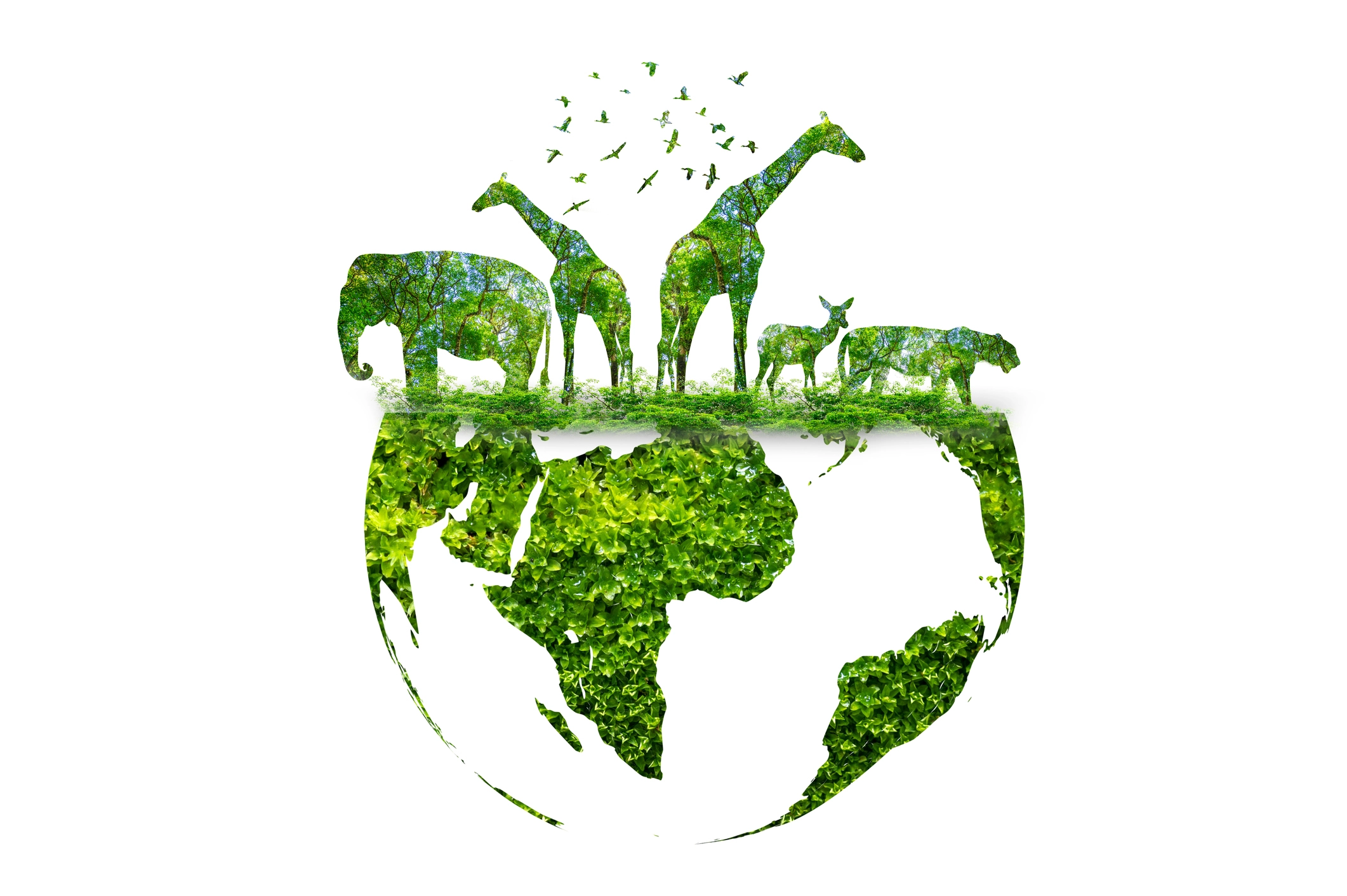Press: SEI indicator for impacts of consumption on biodiversity adopted at COP15
Posted on Monday 19 December 2022

Parties to the Convention on Biological Diversity have reached a landmark agreement at the UN Biodiversity Conference (COP15) in Montreal to adopt an ambitious new post-2020 global biodiversity framework (GBF). This framework has been billed by many as nature's "Paris moment" after the historic agreement reached to tackle climate change in Paris in 2015.
Alongside targets to protect and restore nature, the framework commits, by 2030, to reducing the global footprint of consumption in an equitable manner, including through halving global food waste, significantly reducing overconsumption, and substantially reducing waste generation.
"This comes hot on the heels of the climate COP27, where nature's role in achieving climate goals gained prominence,” said SEI York Senior Researcher Jonathan Green. "Biodiversity’s COP15 is a once in a decade opportunity to set out a framework for addressing the biodiversity crisis. It is vital that we address the multiple global crises in a coherent way. We are pleased that the GEIC indicator can help governments and stakeholders to understand how consumption drives impact across biodiversity and climate, driving aligned action."
Progress against the GBF will be measured using a monitoring framework comprised of indicators. This includes both a headline indicator for most goals and targets, and a range of additional component and complementary indicators. At COP15, policymakers have discussed the final wording for the framework targets and which indicators they will officially adopt against each target. Target 16 of the global biodiversity framework focuses on encouraging and enabling sustainable consumption. With no headline indicator selected, SEI’s Global Environmental Impacts of Consumption indicator (GEIC indicator) has now been selected among three other indicators as component indicators for Target 16.
"Each country must take responsibility"
"Consumption within a country has impacts outside its borders – each country must take responsibility for that," said Chris West, SEI York Deputy Director for Research. "The post-2020 global biodiversity framework provides a key opportunity to advance international monitoring, with important implications for consumer choices and company actions. We welcome the inclusion of our indicator within this framework – which supports countries in understanding their impacts - and look forward to refining the indicator further."
Exploring the global environmental impacts of consumption, the indicator can be used by companies, governmental agencies, and countries for global analysis of production and consumption activities. Mapping these activities makes it easier to enhance the right actions.
"The world faces global challenges that require critical action,” said SEI York Senior Researcher Simon Croft. “Our GEIC indicator highlights these challenges and informs where action can make the biggest difference, but it will only have the desired effect if the appropriate people engage with the results. This decision marks a major milestone on the way to achieving our collective goals."
About the indicator
The Global Environmental Impacts of Consumption Indicator was developed by the Joint Nature Conservation Committee (JNCC) and Stockholm Environment Institute (SEI), supported by Defra, Trase and the GCRF Trade Hub. An online exploratory dashboard (available at www.commodityfootprints.earth) supports its uptake. JNCC is a scientific advisor to the UK Government on nature conservation, and the indicator has been presented to policymakers in the UK Government by Dr Chris West, SEI York Deputy Director for Research.
For official documents from COP15, visit: Home | Convention on Biological Diversity (cbd.int)
Explore the indicator
Read SEI Q&A
Read blog by JNCC
Watch the recording of indicator webinar
For interviews, please contact:
Ulrika Lamberth, Senior Press Officer, SEI Headquarters
Ylva Rylander, Communications Officer, SEI Headquarters
Dr Jonathan Green, Senior Researcher, SEI York
Dr Chris West, Deputy Director for Research, SEI York
